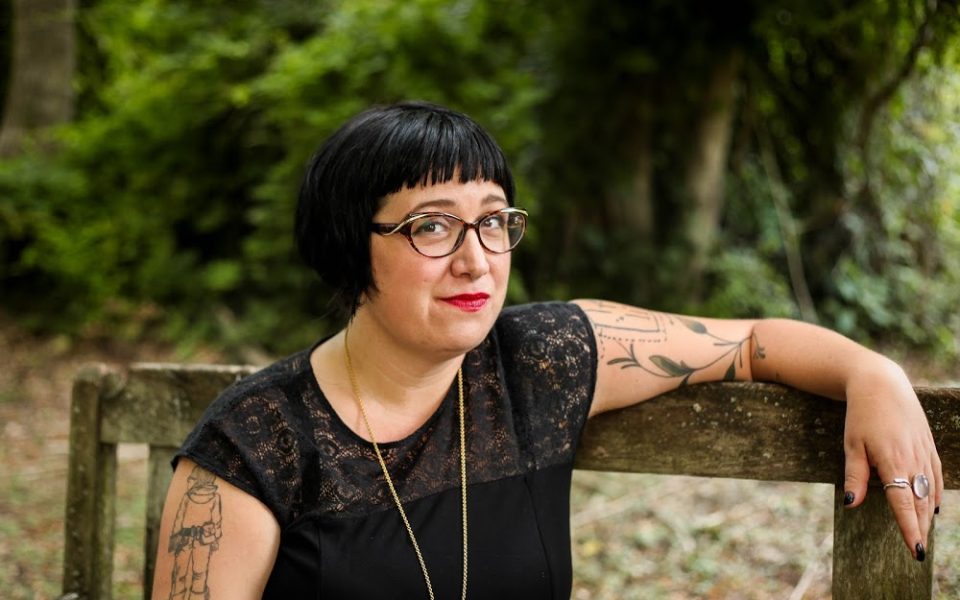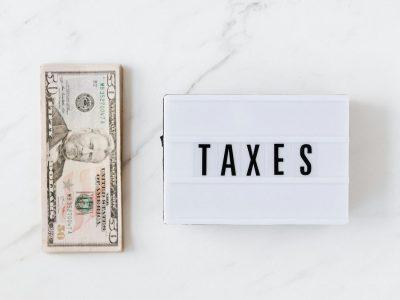The grand jury, a little known and poorly understood institution in the American legal system, has held a contradictory reputation as both a secret inquisition and “bulwark against oppression” over the course of its uneven, 850-year history.
Although widely believed to have originated with a decree from King Henry II in England in 1166, the grand jury as an institution of justice and political power is woven into American history. And while the Supreme Court has venerated the grand jury as “a primary security to the innocent against hasty, malicious and oppressive prosecution,” the history of the institution suggests it’s more often been used as a political cudgel.
A secret body of 16-23 citizens, a grand jury typically reviews evidence presented by a prosecutor to determine if a criminal indictment is warranted. Grand juries are supposed to provide a layer of citizen oversight to prevent overzealous prosecution, but in practice jurors only see the evidence that prosecutors want them to see and rarely stand in the way of criminal indictment.
Another function of the grand jury is investigative. Prosecutors may subpoena witnesses and compel testimony, often in exchange for immunity — also in secret proceedings. As Gerald D. Robin, a criminal justice professor at the University of New Haven, has written, “Investigative grand juries are specifically convened for the purpose of uncovering widespread and systematic criminal activity, or crimes in high places, with which the ordinary processes of law enforcement are unable to cope and would not otherwise come to light.”
In the current political climate of eroding trust in democratic norms and institutions, it’s worth noting that both radicals and the politically powerful are challenging the legitimacy of the legal system. President Trump, who hinted during the campaign that he might not accept the result of the election if it didn’t come out in his favor, has recently explored the possibility of pardoning himself and has conspicuously disparaged his attorney general for recusing himself from the Russia collusion investigation, raising widespread speculation that he might fire Special Counsel Robert Mueller, who is leading the investigation.
Meanwhile, Katie Yow, a social worker and avowed anarchist, appeared before a federal grand jury in Greensboro on Monday and refused to testify. Yow’s support committee later disclosed that an assistant US attorney informed her that the government will ask the court to hold her in civil contempt. The government has historically used civil contempt as a means to jail grand jury resisters, including members of the Puerto Rican independence movement in recent decades.
Yow has said that the subject of the grand jury investigation is the firebombing of the Orange County Republican Party headquarters in Hillsborough three weeks before the 2016 election. Yow said in a prepared statement that federal prosecutors have “indicated that they are interested in ‘other people’ and ‘other events.’
“I don’t know anything relevant to a criminal investigation of the alleged events at the GOP headquarters,” she said. “The broad nature of the government’s interest in other information makes clear the way that this and other grand juries are used as fishing expeditions to attempt to coerce testimony on First Amendment-protected information. This is one of the many ways grand juries are used to repress social movements, and one of many reasons why we resist them.”
Grand juries have also been used to investigate the politically powerful. While President Trump has so far avoided being called before any grand juries during his tumultuous first six months in office, President Clinton was famously called to testify as part of the Monica Lewinsky affair in the late 1990s. And in only the last six months, revelations have emerged that federal prosecutors have used grand jury subpoenas to probe Hillary Clinton’s emails, and compel testimony from associates of former National Security Advisor Michael Flynn as part of the ongoing investigation into Russian meddling in the 2016 election.
The use of the grand jury as a tool of the state for destroying political opponents crescendoed during the Nixon era.
“The blatant use of the grand jury for harassment of political activists and intelligence gathering reached its height under the Nixon Justice Department,” civil liberties lawyer Michael Deutsch wrote in a 1984 paper. “Between 1970-73, over 100 grand juries were convened in 84 cities; they subpoenaed over 1,000 activists. A special session of the Justice Department Internal Security Division, which coordinated the various grand jury inquisitions, victimized all sectors of the anti-Vietnam war movement.”
Dating back to the Colonial Era when grand juries provided a local buffer against the distant authority of the crown, the system has always been political.
A footnote to Gerald D. Robin’s essay provides the most illuminating snapshot of the institution’s place in American life.
“Colonial grand juries also found that they could use their powers offensively,” Robin wrote. “British soldiers who were stationed here often found themselves the subject of grand jury presentments. During the war, grand juries supported the American cause by returning presentments against those who joined the British army or gave information to the enemy. The American leaders also found that grand juries could be an effective propaganda tool. In the months following the Declaration of Independence, many grand juries adopted resolutions denouncing the king and urging all Americans to support the ‘War for Freedom.’”
Join the First Amendment Society, a membership that goes directly to funding TCB‘s newsroom.
We believe that reporting can save the world.
The TCB First Amendment Society recognizes the vital role of a free, unfettered press with a bundling of local experiences designed to build community, and unique engagements with our newsroom that will help you understand, and shape, local journalism’s critical role in uplifting the people in our cities.
All revenue goes directly into the newsroom as reporters’ salaries and freelance commissions.





Leave a Reply